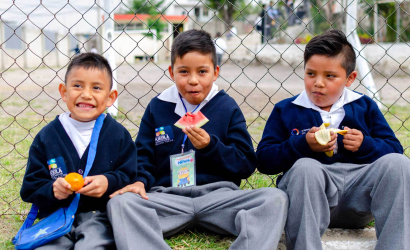
Facilitate UN agencies’ coordination in countries

The causes of malnutrition are multifactorial, ranging from disease and illness to food insecurity, inadequate care and feeding practices, an unhealthy household environment, inadequate health services, poverty and gender inequality, among others. Addressing malnutrition, therefore, warrants a coordinated multisectoral response.
related or devoted to nutrition
(UN-Nutrition)
strategy/agenda/workplan
(UN-Nutrition)
pursued by 2 or more UN agencies
(UN-Nutrition)
While the UN System is inherently multisectoral, coordination is not automatic. Differing mandates among its constituent parts and other factors do not always allow for smooth collaboration. UN-Nutrition provides a platform for UN entities to gather, share information, and harmonize and coordinate nutrition actions in line with the spirit of UN reform.
UN-Nutrition’s niche
The success of the United Nations to deliver on the 2030 Agenda very much hinges upon its unity and effectiveness in countries. UN-Nutrition has made it a priority to facilitate nutrition coordination among UN agencies at the country level.


